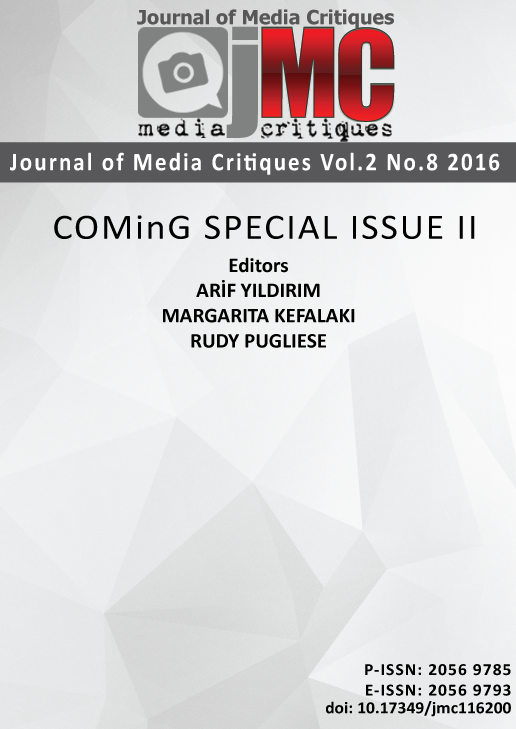IMPROVING TRUST THROUGH ETHICAL LEADERSHIP: MOVING BEYOND THE SOCIAL LEARNING THEORY TO A HISTORICAL LEARNING APPROACH
IMPROVING TRUST THROUGH ETHICAL LEADERSHIP: MOVING BEYOND THE SOCIAL LEARNING THEORY TO A HISTORICAL LEARNING APPROACH
Author(s): Omoregie Charles OsifoSubject(s): Education, Communication studies, Politics and communication
Published by: University of Lincoln and World Experience Campus Foundation
Keywords: trust; ethical leadership; social learning theory; historical learning approach;
Summary/Abstract: The complex nature of trust and its evolving relative concepts require a more idealistic and simpler review. Ethical leadership is related to trust, honesty, transparency, compassion, empathy, results-orientedness, and many other behavioral attributes. Ethical leadership and good leadership are the same, because they represent practicing what one preaches or showing a way to the accomplishment of set goals. The outcomes and findings of many research papers on trust and ethical leadership report positive correlations between ethical leadership and trust. Improving trust from different rational standpoints requires moving and looking beyond the popular theoretical framework through which most results are derived in order to create a new thinking perspective. Social learning theory strongly emphasizes modelling while the new historical learning approach, proposed by the author, is defined as an approach that creates unique historical awareness among individuals, groups, institutions, societies, and nations to use previous experience(s) or occurrence(s) as a guide in developing positive opinion(s) and framework(s) in order to tackle the problems and issues of today and tomorrow. Social learning theory is seen as limited from the perspectives of balancing the equation between leadership and trust, the non-compatibility of the values of different generations at work, and other approaches and methods that support the historical approach. This paper is argumentative, adopts a writer´s perspective, and employs a logical analysis of the literature. The main contention is that a historical learning approach can inform an independent-learning to improve trust and its relatives (e.g. motivation and performance), because independent learning can positively shape the value of integrity, which is an integral part of ethical leadership. Historical learning can positively shape leadership in every perspective, because good leadership can develop based on history and past experience; this in return helps in improving trust at every level.
Journal: Journal of Media Critiques
- Issue Year: 2/2016
- Issue No: 8
- Page Range: 11-24
- Page Count: 14
- Language: English

